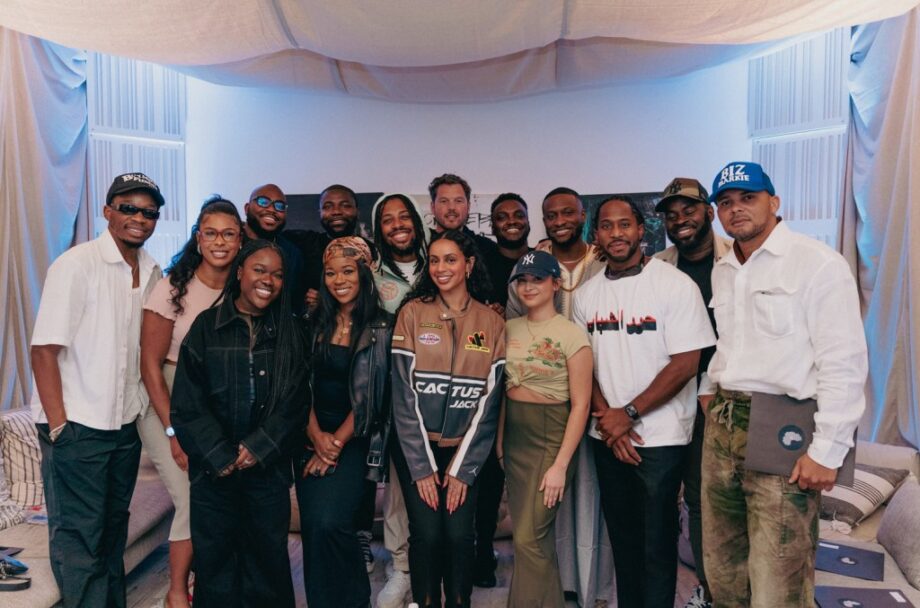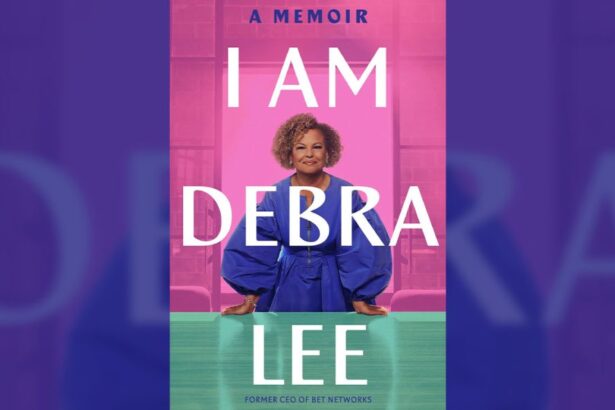The influence of African music in the U.S. music market has been steadily growing. According to Luminate’s 2023 year-end report, world music, including Afrobeats and K-pop, experienced the most significant growth among genres, with a 26.2% increase in U.S. on-demand audio streams, totaling 5.7 billion for the year.
In recent years, renowned artists like Burna Boy, Wizkid, and Davido have headlined stadiums, while emerging talents such as Tems and CKay have gained popularity on radio. Additionally, acts like Rema and Tyla have achieved top 10 hits on the Billboard Hot 100. The Recording Academy is set to present an award for the best African music performance for the first time next month, following the American Music Awards and MTV Video Music Awards, which have already introduced their Afrobeats awards. Despite the success of genres like Nigeria’s Afrobeats and South Africa’s amapiano outside Africa, there is still work to be done to fully integrate them into the mainstream market.
Approximately 15 music executives from LVRN, YouTube, Spotify, COLORSxSTUDIOS, as well as filmmakers and music producers, gathered at Florida’s Joy Miami Studios to discuss the future of African music and culture in a “Road to AFRICON” roundtable conversation hosted by Amplify Africa. The event featured a performance by SKN The Divine, including the first live rendition of his single “OMG.”
This roundtable was the first of Amplify Africa’s pop-up events ahead of its fourth annual AFRICON, a multi-day conference and celebration of African culture, innovation, and entrepreneurship held in Los Angeles, featuring panels discussing ways to unite the global Black diaspora and immersive experiences such as an all-Black marketplace and the AfroBall Gala.
Road to AFRICON 2024 Miami
Courtesy of Amplify Africa
Amply Africa CEO/co-founder Dami Kujembola initiated the conversation by addressing the challenges faced by African artists looking to succeed in international markets. Other participants included: Timi Adeyeba, COO/co-founder of Amplify Africa; Buku Ibraheem, music and culture global brand marketing manager at Beats by Dre; and Adam McFarland, program manager, Black music and culture at YouTube, among others.
Ibraheem highlighted the challenge of translating the cultural impact of African artists to those outside the culture. She emphasized the cultural impact of artists, which is often more important than their Instagram followers or TikTok engagement, especially when pitching them for major marketing campaigns. She argued that this cultural impact cannot be quantified solely by numbers.
McFarland added that the difficulty lies in conveying the non-linear nature of cultural impact. He stressed that while impact may be evident to those within the culture, it may not be as apparent to those outside it.
Ibraheem also discussed her experience in corporate partnerships and the importance of mutually beneficial brand collaborations. She cited the successful launch of Burna Boy’s Beats x AMBUSH campaign and how it tied into his album release, emphasizing the value of active participation in an artist’s ecosystem over simple sponsorship.
Some executives drew parallels between the slow recognition of Afrobeats in the U.S. and the country’s gradual acceptance of its own homegrown music genres.
Genres: Hip-Hop. Hip-hop emerged in the 1970s within the Black, Latino, and Caribbean communities in New York, evolving from a cultural movement into a globally successful phenomenon. It took the top spot as the most dominant genre in the U.S. in 2017, a position it has held onto since. Afrobeats, on the other hand, has been steadily gaining momentum among the global Black diaspora and is expected to attract mainstream audiences in the near future.
Balogun, who manages Grammy-nominated R&B stars and internationally renowned Nigerian acts, emphasized the need for patience and perseverance in breaking into new markets. He stressed the importance of being willing to take risks and invest in unexplored territories, even if it means initially incurring losses.
COLORSxSTUDIOS, a Germany-based music performance platform, demonstrated its commitment to the African music scene by producing multiple shows in Nigeria, contributing to the global success of artists like Oxlade. This initiative aligned with Spotify RADAR Africa’s mission to promote African artists on a global scale and expand their fan base beyond their home markets.
The “Road to AFRICON” roundtable discussion highlighted the challenges related to visa issues for African artists, leading to collaborations between COLORS and Spotify to showcase African talent within the continent. This approach aimed to support local talent, empower local crews, and promote economic sustainability within the African music industry.
Adeyeba emphasized the long-term goal of establishing a self-sustainable infrastructure within the local African music industry. Adesina envisioned a future where Africa’s music industry becomes so powerful and financially robust that it no longer relies on validation from the Western world, anticipating a time when African artists like Burna Boy are sought after without the need for external approval.




